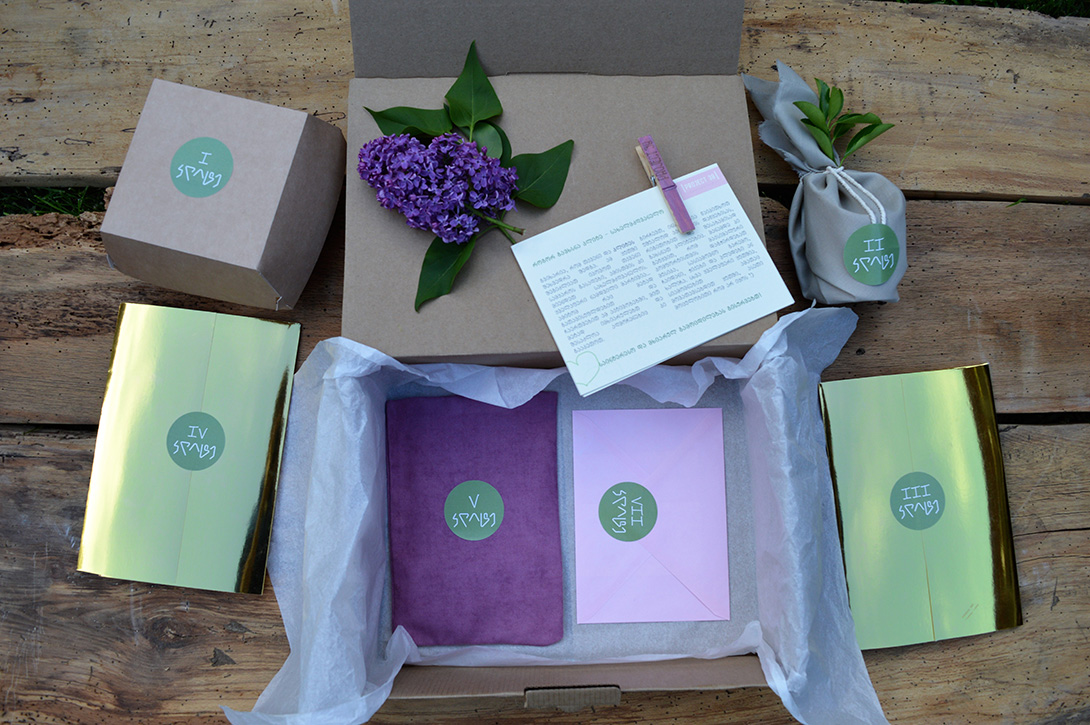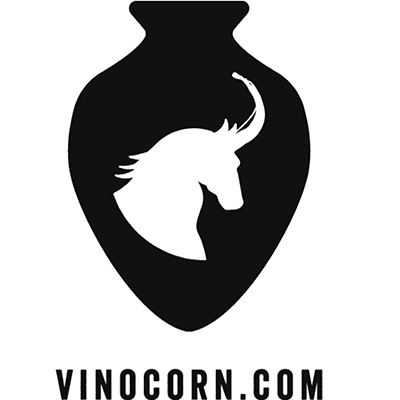When the going gets tough: Georgian entrepreneurs who found opportunity amid the coronavirus crisis
Investor.ge spoke with businesses that set out to address the new realities of life during the pandemic, and the opportunities that have arisen in its wake.
The coronavirus wreaked havoc on the Georgian economy this spring as it did the world over, with real GDP sinking more than 16% year-on-year in April and 13% in May. However, as some businesses shuttered, laid off employees and scaled back operations to stay afloat, other entrepreneurs saw an opportunity to expand their businesses – or even launch new ones.
Delivery life
Levan Buigishvili, for example, launched not one, but two new startups in the early days of the outbreak.
The first was Homeparty: a platform for bars and restaurants to stay open virtually during the times of the most severe quarantine regulations through ‘online bars’, where clientele could chat with other bar flies, interact with baristas and order food and drinks to the safety of their home.
“With social distancing measures and food establishment closures, we tried addressing the fact people couldn’t really go out anymore. So we offered bars and restaurants the opportunity to open their own ‘rooms’ where they could still enjoy a degree of traffic and doing business”, Buigishvili told Investor.ge.
Servers and baristas were to man rooms, chat with customers and keep things lively, simulate a night out, and at least give clientele the experience of watching their favorite cocktails and alcoholic beverages being prepared, and then to have them delivered.
Homeparty had some initial success, but there were a number of factors which have, for the moment, made it a hard sell.
The downtime, even if comparable with other delivery services, in between when a customer signs into a room and when they receive their food or drink makes it hard to retain a client’s interest. Another issue Homeparty encountered was the release of Facebook Rooms, which identified a similar need, and ended up crowding out many smaller, similar platforms.
But this didn’t discourage Buigishvili, who then launched Mova – a delivery app for small, local grocery stores.
Buigishvili says he was driven by a number of factors to create Mova: long waits in line at grocery stores, the risks associated with going out, the 9 o’clock curfew…and the fact that “the best produce is often available in neighborhood stores, not in supermarkets.”
“The idea came to me when I realized that one grocery store in Vake, which has particularly excellent produce, was receiving a lot of orders by phone. So I offered them to build an application and a website to systemize the operation”, Buigishvili says.
If Mova takes off, Buigishvili says, it will be able to complete with the other large delivery services in the country such as Glovo and Wolt for several reasons. One, the niche is different: such services often do not cover smaller neighborhood or speciality stores. Moreover, the fees for using such delivery applications are considerably higher at 20%, which is prohibitively high for most mom and pop shops. Mova, Buigishvili says, will only take 10%, and will focus on bringing smaller enterprises into the age of delivery.

Bringing the trapped at home even closer together
Delivery services provided a way for people to safely buy groceries and meals during the height of the pandemic, but even copious amounts of sushi, regardless how delicious, cannot fill the gap of friends and family.
Project 39, a multi-purpose, ‘green space’ cafe in Tbilisi spotted in this dilemma an opportunity to continue interacting with customers during the temporary economic shutdown.
“People could no longer come to us, so we decided we had to go to them”, Project 39 founder Sophia Shengelia told Investor.ge, which they accomplished by inventing Klite, a board game designed to bring people together: constructively, and not fighting over the remote during the long hours of confinement at home.
Klite is likely one of the few board games out there to sport an expiration date. That’s because its very first direction is to assemble 2-5 people on the floor around a pot of tea and a plate of sugar cookies – both provided in the box. A series of instructions then lead players through a number of exercises in verbal association, charades and moments of reflection.
“In keeping connected to our customers, we also allow them to keep close to one another, by going on this two- or three-hour journey on which they can share some of the thoughts and images from their inner world”, Shengelia says, noting that though quarantine regulations have wound down, Project 39 will continue producing Klite as it has enjoyed great popularity both amongst cafe regulars and people who have not yet visited the cafe itself.

Tech tamadas take wine online
Another source of home-bound entertainment available on tap this past winter was a new offering from Georgian Wine Finder – a startup that began in early 2019 as a tool to find recommendations for Georgian wines based off of preferences of more standard wines found in the west.
The Wine Finder team, co-founders Giorgi Tukhashvili and Colin Donohue, had planned to roll out a campaign of wine tastings for the 2020 tourist season when the coronavirus struck:
“We had everything oriented around partnering with wine shops and restaurants to offer live tastings, using the ‘blind rating’ feature in our app, but everything came to a stop”, says Donohue. “We were inspired to still do something good for Georgia, so we decided to test online tastings.
So far we have done them in Georgia, but plan to offer them internationally to help wineries hurt by Covid to increase exports.”
Introverted oenophiles or individuals who feel wary about going out in these uncertain times enjoy much more than a simple tasting – the process of the delivery of the wines, housed in attractive glass bottles that beg to be reused, and the discussion that accompanies the tastings in small, intimate gatherings make for a cozy night in.
Winefinder took inspiration from the conditions of the pandemic to expand further:

“Another part of this endeavour”, Donohue told Investor.ge, “was to help bring Georgian wines even closer to potential customers abroad in a time when commerce was slowing down. Now our hope is to continue helping people outside of Georgia find out about the many unique wines the country has to offer, and to give a boost to producers here”, Donohue said.
To sign up for a virtual tasting, you can visit Winefinder’s website, vinocorn.com and Georgian Wine Finder in the App Store and Play store lists upcoming events as well as wine information.

Scooting through quarantine
But board games, food and drink were able to lighten the dark days of quarantine only for so long, so many were happy to discover that midway through the pandemic, in the seeming eye of the storm when almost all private vehicles had been banned and the streets came to an eerie standstill, a new form of transport popped up in Tbilisi – electric scooters.
“The business really took off worldwide [during this time], as the scooter is, by nature, an ideal form of social distance transportation”, founder of scooter sharing company Scroll Daniel Doinitsin says, joking the pandemic may actually have been an ideal time to launch:
But business hasn’t suffered since the reopening of the economy – business is only getting bigger.
“In fact, the numbers we’re seeing in terms of daily rides is outdoing our initial projections by about 50% – and that’s without tourists! Even with only Georgian citizens using them, and with no tourism or travel, Tbilisi is proving to be an excellent market with a prospective future.”
Although things may never go back to the way they were pre-corona, in some cases, that may not be a bad thing. One of the very few silver linings in the coronavirus epidemic was the fact that CO2 emissions and pollution in major cities were drastically reduced due to the fact that there were less cars on the road. Scroll may be a part of this trend and start helping move Georgia towards a more eco-friendly future.
____________________________ ADVERTISEMENT ____________________________


